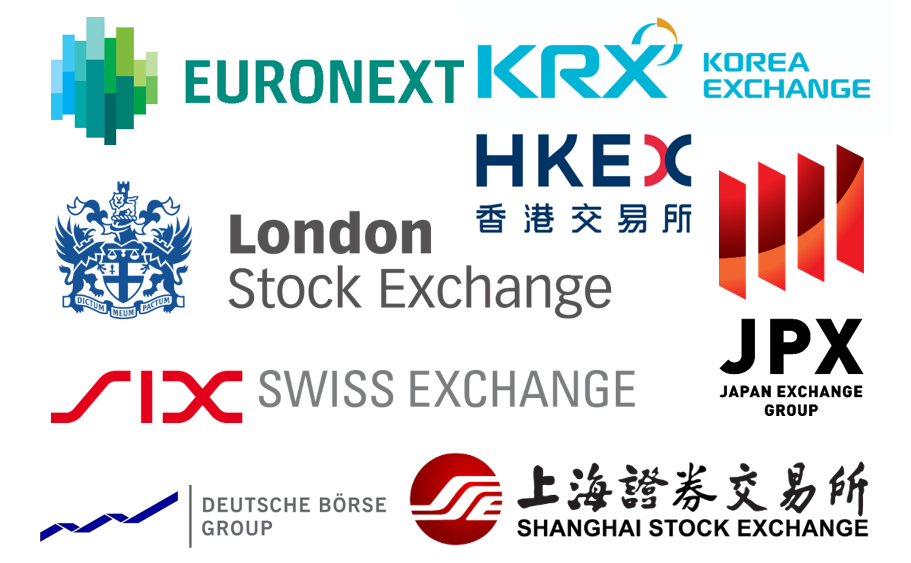World Shares Lower Thursday; US Futures Down 0.5%

Joe McDonald
Stock markets edged lower on Thursday as investors looked ahead to the European Central Bank’s decision on more monetary stimulus and the latest weekly jobless claims figures in the United States.
Indexes in London, Frankfurt and U.S. futures were lower. Tokyo, Hong Kong and Sydney advanced while Shanghai declined.
Stock markets have risen this week on optimism about a possible global recovery from the coronavirus pandemic as more economies reopen. But rising case numbers in countries like the United States and Brazil remain a concern.
In midday trading, the FTSE 100 in London was down 0.3% at 6,365 and Frankfurt’s DAX lost 0.7% to 12,398. The CAC 40 in France shed 0.5% to 4,995.
On Wall Street, futures for the benchmark S&P 500 index and the Dow Jones Industrial Average were down 0.5%.
The European Central Bank wraps up its latest policy meeting Thursday and analysts say it could expand its anti-pandemic stimulus program to more than a trillion euros, giving it more firepower to keep the virus crisis from sliding into a new financial crisis for the 19 countries that use the euro. Traders will also keep an eye on its outlook for the economy, with President Christine Lagarde holding a news conference.
In the U.S., the focus is on jobs figures.
A survey from payroll processor ADP said Wednesday that private employers cut nearly 2.8 million jobs last month — less than the 9.3 million that economists told investors to expect. That raises optimism that Friday’s more comprehensive jobs report from the U.S. government may also not be as bad as feared. Economists say it may show a loss of 8 million jobs, which would be a deceleration from April’s loss of 20.5 million. On Thursday, a weekly report is expected to show almost another 2 million jobless claims in the past week.
Other reports showed the U.S. economy is in bad shape but not as dismal as forecast.
One report said services industries contracted by less than economists expected, and at a more modest rate than in April. Another report said factory orders dropped 13% in April, but not by as much as the 14.8% that economists had forecast.
Stocks have been climbing since late March, at first on relief after the Federal Reserve and Congress promised massive amounts of aid for the economy. More recently, the driving force has been optimism that growth can resume as states across the country and nations around the world lift restrictions on businesses intended to slow the spread of the outbreak.
ADVERTISEMENT
Widespread protests around the country following the killing of George Floyd haven’t dented the rally. One worry is that by bringing so many people together, the protests could also lead to more coronavirus infections.
Many professional investors have been warning that the stock market’s rally may have been too much, too soon. The recovery for the economy is likely to be much slower than the sharp rebound the stock market has just undertaken, which could be setting investors up for disappointment.
In energy markets, benchmark U.S. crude lost 60 cents to $36.69 per barrel in electronic trading on the New York Mercantile Exchange. Brent crude, the benchmark for international oils, shed 29 cents to $39.50 per barrel in London.
The dollar edged up to 108.92 yen from Wednesday’s 108.90 yen. The euro declined to $1.1206 from $1.1215.
___
Source: AP News



